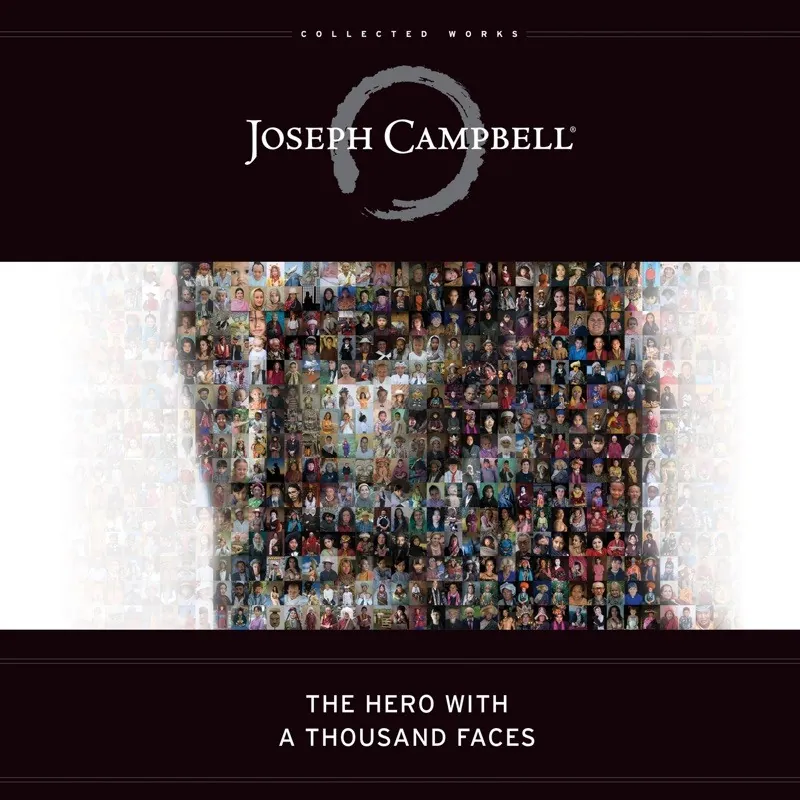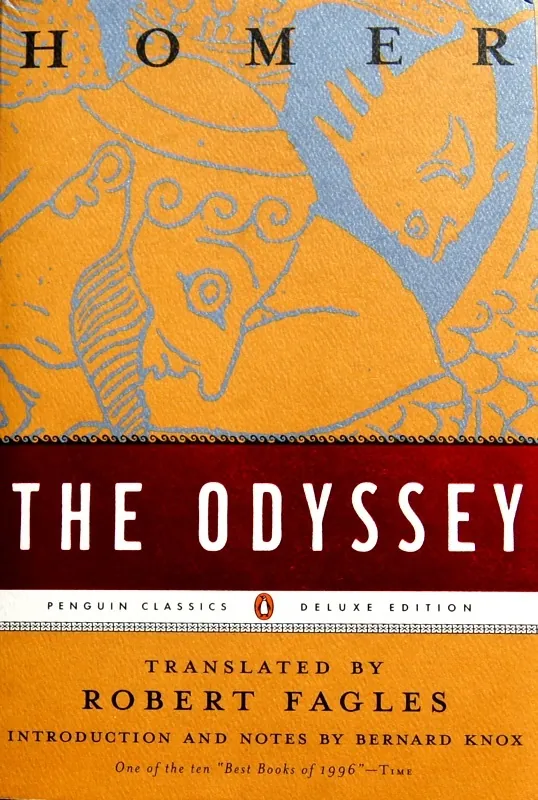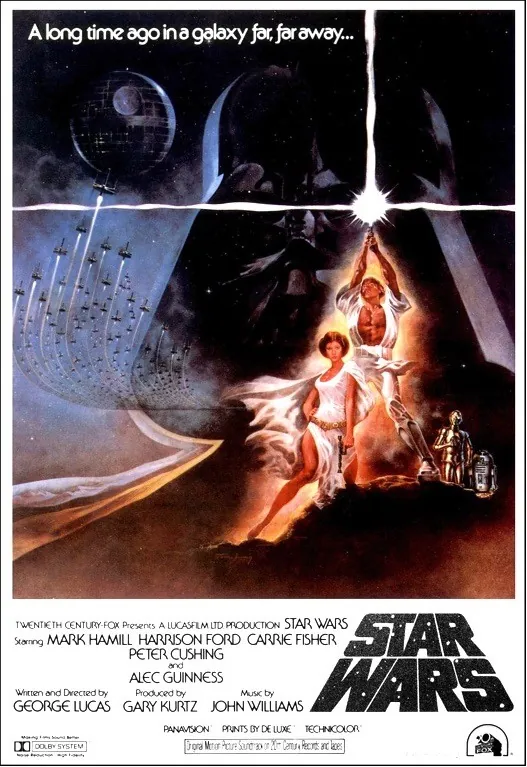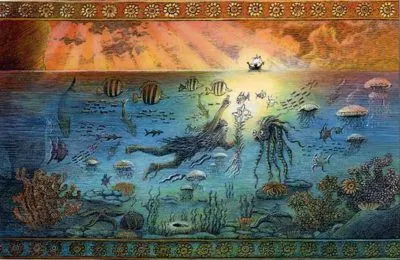Gilgamesh is the original supporter of healthy life extension
The Epic of Gilgamesh is an ancient Mesopotamian poem that is widely considered humanity’s oldest surviving great work of literature.
The story is a prime example of the “Monomyth” Hero’s Journey, as described by Joseph Campbell’s “The Hero With a Thousand Faces”, and in many ways set the standard for the more well-known Epics that followed.
 |
 |
 |
||
The poem tells the tale of Gilgamesh, King of the city Uruk, and how the tragic loss of his beloved friend Enkidu sets him on a quest to overcome the diseases of old age and death.
A Hero’s journey
In the story, Enkidu was created by the Gods as a rival to Gilgamesh, who they thought had become too powerful. But their plans backfired when the two would-be rivals became friends and together they slayed the monster Humbaba which lurked in the Cedar forest.
The Gods were angered by the slaying of Humbaba and they sent the mighty Bull of Heaven to Earth. The bull slayed many hundreds of men in its rage, but eventually Enkidnu and Gilgamesh defeated it.
Of course, the Gods were furious that once again they had been outsmarted. Because of this Enkidu is condemned to death by the Gods, who then take revenge and kill him.
Losing his friend causes Gilgamesh to embark on an epic journey to heal the frail and the sick, by finding the flower of rejuvenation called the Lycium. He believes that this flower will allow him to bring Enkidu back to life and once again defy the Gods.
As Gilgamesh embarked on his perilous journey, he traversed treacherous mountains and vast deserts, and faced many challenges along the way. On his travels he encountered mythical creatures and battled fierce monsters, all in his relentless pursuit of the elusive Lycium.
 With each step he took, Gilgamesh’s determination grew stronger, fueled by his unwavering love for his fallen friend Enkidu. He knew that if he could obtain the flower of rejuvenation, he could bring back his beloved companion and save his people from the clutches of old age and death.
With each step he took, Gilgamesh’s determination grew stronger, fueled by his unwavering love for his fallen friend Enkidu. He knew that if he could obtain the flower of rejuvenation, he could bring back his beloved companion and save his people from the clutches of old age and death.
Guided by ancient prophecies and the wisdom of wise sages, Gilgamesh pressed on, his heart filled with hope and his mind focused on his noble quest. Along his journey, he encountered wise elders who imparted valuable knowledge and taught him the importance of humility and compassion.
As he ventured deeper into uncharted territories, Gilgamesh’s character transformed. He shed his arrogance and embraced his vulnerability, understanding that true strength lies not in physical prowess alone, but in the ability to empathize with others and offer a helping hand.
Through his encounters with various characters, Gilgamesh learned the value of friendship, loyalty, and sacrifice. He formed unlikely alliances and forged unbreakable bonds, realizing that the journey itself was just as important as the destination.
Finally, after what felt like an eternity, Gilgamesh stood before the sacred Lycium. Its vibrant petals shimmered with an otherworldly glow, promising the gift of eternal youth and vitality. With trembling hands, he plucked the flower, its delicate fragrance filling the air.
As he made his way back to Uruk, Gilgamesh’s heart swelled with anticipation. He knew that the Lycium held the power to heal not only his friend Enkidu but also his entire kingdom. So rather than eat the lycium flower right away, assuring his immortality, Gilgamesh decides to take it back to Uruk to share with his people.
But before he arrives back at Urak he stops to rest a while and makes camp by the roadside. Suddenly a giant snake appears and snatches away the Lycium. Before Gilgamesh can react the snake eats the flower then starts slithering away.
Gilgamesh dashes after the serpent, grabbing it by the throat, but it sheds its skin and escapes. As it flees from the hero it turns into a young snake once more, showing that indeed the Lycium did hold the power of rejuvenation.
Shortly after he returns home to Uruk empty handed.
While not achieving his goal, the wisdom Gilgamesh gained on his journey allowed him to become a truly wise and just king. For that reason, his legacy has lived on as a symbol of resilience, compassion, and the enduring power of the human spirit.
His tale was passed down through generations, inspiring countless heroes to embark on their own quests, seeking not just personal glory but the betterment of all. He did not achieve true immortality, though he lives on in the stories told of him in the centuries following.
We may succeed where Gilgamesh failed
In many ways Gilgamesh can be considered the original supporter of healthy life extension. His story inspired us to launch Lifespan.io and support the development of technology for rejuvenation and longevity.
While Gilgamesh’s quest to overcome aging can certainly be considered metaphorically, it is still an important context to note that such desires and ideas have been part of our collective thought process since the literal beginning of human history. Utimately his quest ended in failure, but we have the opportunity to continue that journey and this time see it through to the end.
The research we support is simply the most recent link in a very long chain of human compassion and desire. It is for this reason that we have chosen to name the patron levels in our Lifespan Heroes program after key locations on Gilgamesh’s journey.
The Gateway represents the start of the hero’s journey. Specifically that of the first hero, Gilgamesh, as he passed through the gates of the city Uruk on his quest to overcome the diseases of aging and death. By joining us we can carry this quest forward together, and help bring healthier and longer lives to everyone. |
||
The Cedar represents the long-lived trees and forest animals of the world. In the story of Gilgamesh the Cedar Forest is where key events unfold that lead to the sickness and death of Gilgamesh’s beloved friend Enkidu, the trauma of which sends him on his quest. |
||
The Mountain represents endurance, and the hard work that must be done to reach noble goals. In the story of Gilgamesh he must race the sun through the mountain Mashu, risking being consumed by its flames — a powerful metaphor that time is precious indeed. |
||
The Ocean represents the waters of life and the long-lived creates of the sea. In the story of Gilgamesh he journeys to the bottom of the ocean to find the flower of rejuvenation — one that can make you ‘be again as you were in your youth’. |
||
The Lycium represents the flower of rejuvenation Gilgamesh sought in his quest to overcome the diseases of aging. While he did not succeed, together we can carry the spirit of this quest with science, and work to fulfill the noble goal of healthy lifespans for all. |


